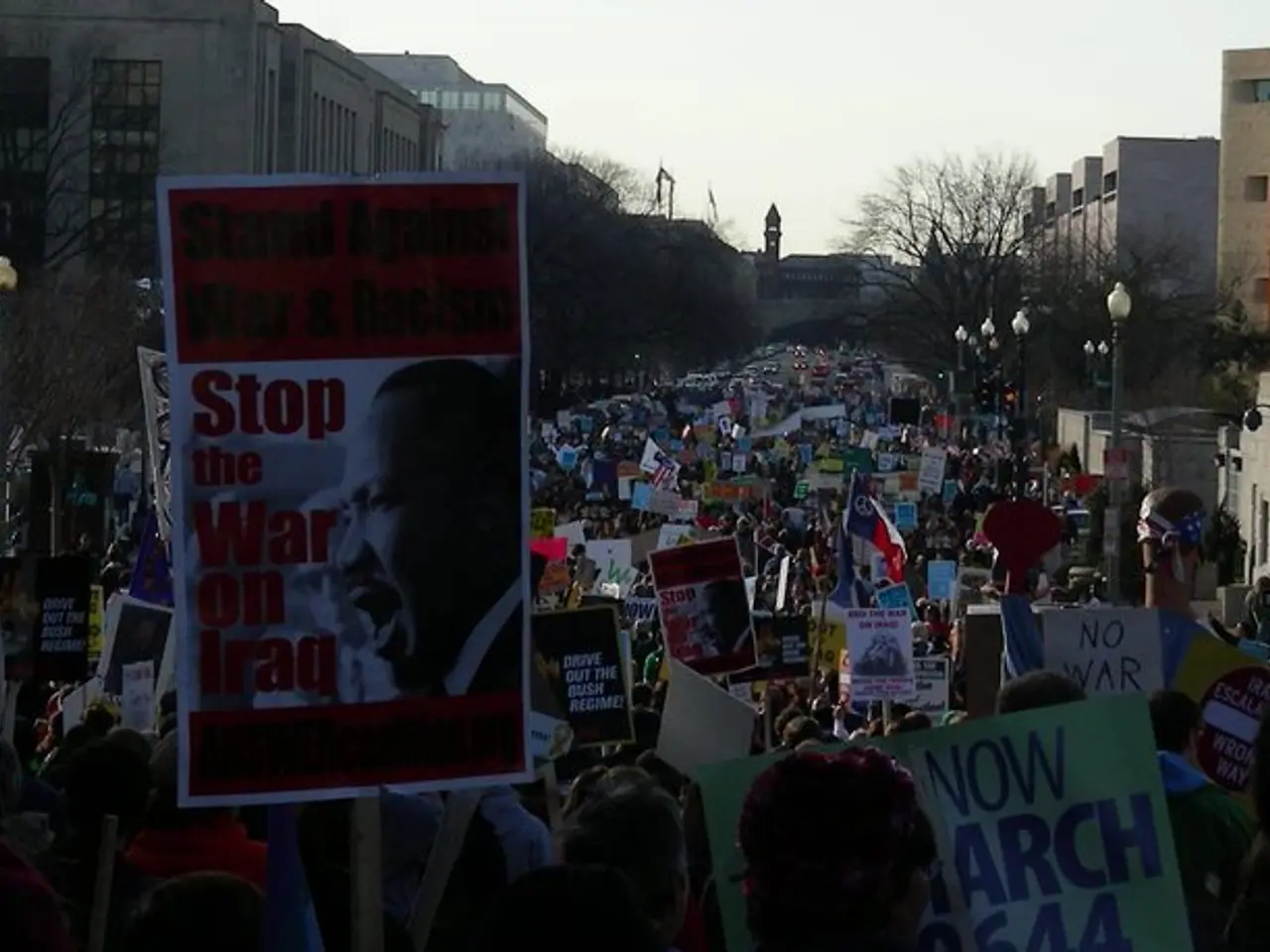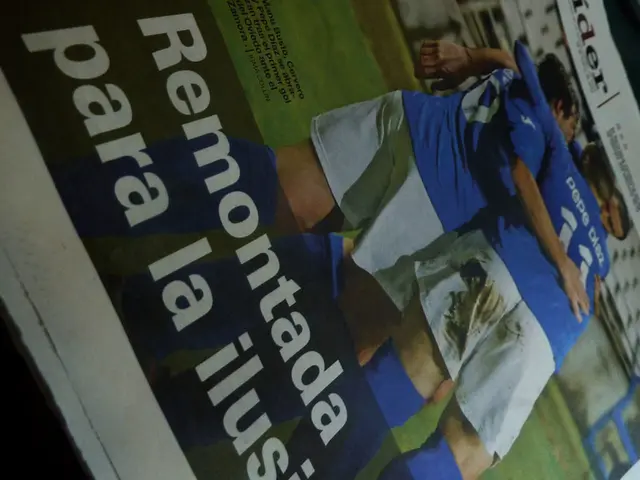Arrested under UAPA, Anti-CAA activist Khalid Saifi granted temporary freedom for 10 days
The trials for the accused involved in the 2020 Delhi riots, including Khalid Saifi, Umar Khalid, Devangana Kalita, Natasha Narwal, Asif Iqbal Tanha, and others, have faced significant delays. This delay is largely due to extended investigation periods under stringent laws like the MCOCA and UAPA, procedural delays, and frequent extensions granted by the courts for investigation and prosecution preparation.
The application of anti-terrorism laws such as the MCOCA and UAPA, which allow for extended periods for investigation and detention, has been a key factor in the delays. Courts have granted multiple extensions beyond the usual investigation timelines due to "certain material aspects of the investigation still pending" and the need for thorough prosecution preparation.
Authorities have also faced challenges such as delays in witness statements, contradictory evidence, and complex conspiracy allegations, which have complicated speedy charge framing and trial commencement. The courts have been dealing with multiple bail applications and legal proceedings, adding to the procedural backlog and delays in trials starting.
Regular courts' vacations and procedural factors related to the appointment of special public prosecutors (SPPs) and other legal formalities further prolong trial timelines. The delay is not unique to these accused; other high-profile cases related to the riots and connected charges have also seen prolonged investigation and trial delays.
The violence in Delhi was a part of the nationwide protests that took place in response to the Citizenship Amendment Act (CAA), which was passed by the Centre in 2019. The protests, which began as peaceful sit-ins and road blockades, were followed by violent communal conflagration in Delhi.
As of mid-2025, charges in the case have not been framed, and the trial is yet to begin. The case alleging a larger conspiracy related to the 2020 Delhi Riots was registered under FIR 59/2020. The accused in this case, arrested under FIR 59/2020 in 2020, include Tasleem Ahmed, who has recently been granted interim bail. The charges against 18 accused in the same case are yet to be framed.
Khalid Saifi, a co-accused in the Delhi Riots case, has been granted 10 days interim bail by Delhi's Karkardooma Court. Saifi, who has been in prison for more than five years under the Unlawful Activities (Prevention) Act (UAPA), was incarcerated in connection with the Northeast Delhi communal violence that occurred in 2020.
In summary, the combination of stringent anti-terrorism laws with longer investigation limits, procedural delays including witness and prosecutorial readiness, repeated bail hearings, and court workload have all contributed to the slow pace in framing charges and starting the trials for accused involved in the 2020 Delhi riots.
The application of stringent anti-terrorism laws, such as the MCOCA and UAPA, and the resulting extended investigation periods have significantly impacted the health of those accused in the 2020 Delhi riots, causing delays in their sports of justice. Furthermore, complex conspiracy allegations, contradictory evidence, and witness statements delays have also added to the politics of these trials, making a speedy resolution difficult to achieve.






